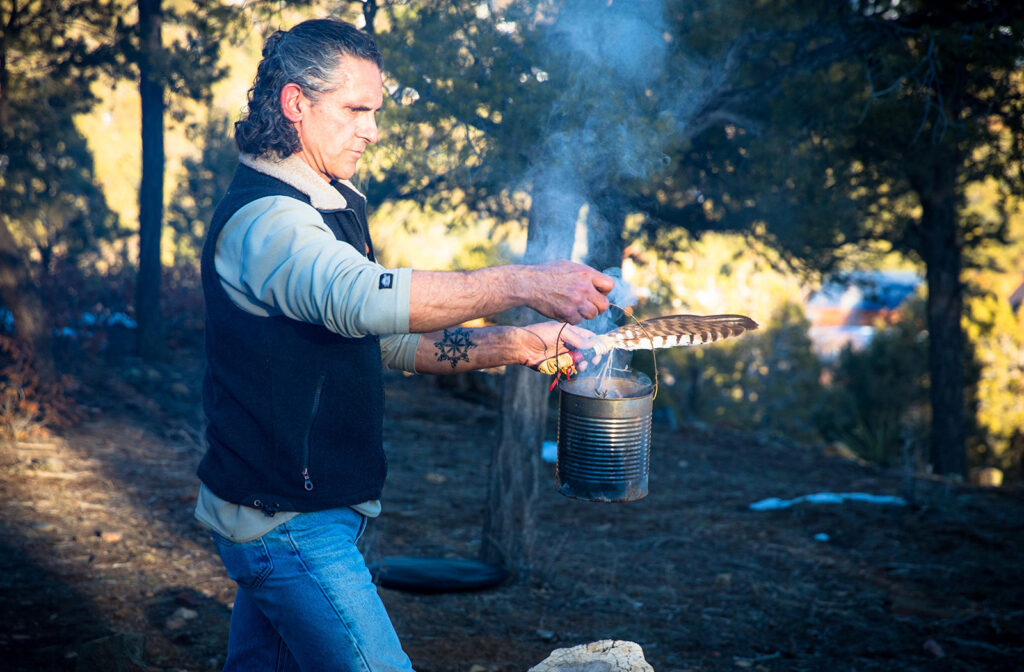
What Is a Shaman?
“What is a shaman anyway?” asked a friend who is a PhD psychologist. “It sounds kind of scary, maybe you should tell people what that means to you.”
It was many years ago, out of the blue, that my inner voice said, “You’re a shaman.”
I distinctly remember thinking, “I don’t even know what that means. There’s no way I’m going to call myself that.”
Despite my flat refusal, a reply came with infinite patience, “That’s what you are and you will discover the deeper meaning as we go along.”
So began a conversation that would continue for more than a decade about what it means to be a shaman and what it would eventually mean to me.
What is Shamanism?
Shamanism is one of the oldest systems in the world for acquiring knowledge and accessing healing wisdom. In many cultures throughout history shamans have been healers, counselors, spiritual advisors, and living teachers.
The word “shaman” originated in Siberia and translated means, “to heat up; to burn; to work with heat and fire.” It also means, “one who knows” and “servants of the earth.” Shamans today are not idolaters, primitive pagans, or members of a cult.
There are several ways to become a shaman
… through an apprenticeship if you are part of a lineage
… with an ancestral or tribal lineage-holder
… through study, training and certification with an experienced shaman
… by a calling or vision, which may also accompany the first two
What Shamanism Means to Me
In my case, I fell squarely into the third category–a calling–unaccompanied by books, formal training or a mentor. It was after the extraordinary experience of witnessing a close friend’s transition from life that I felt guided to this path. To say I was self taught is only partially true.
During the most intense years of my initiation, I avoided influences that would distract from what I was learning through solitude, prayer and long nights at the fire. I followed my inner guidance where it led and listened for what was mine to hear. It was a calling that could not be ignored. It took everything in me to stay focused because I wanted direct personal experience of spirit moving through me and nothing else. I never looked back, not once.
Shamanism for me is a personal journey of finding the truth within and internalizing powerful life lessons based on love, trust, surrender, forgiveness, gratitude, common sense, and adhering to practical disciplines, like meditation, spiritual study, solitude, self care, and communion with God through prayer.
Communicating with Spirit
Communicating with Spirit is a function we are all capable of and represents a deep personal connection. It is not limited to the priest, rabbi, minister–or shaman.
I am not attached to the title, “shaman.” It’s a loosely held identity that represents a way of moving through the world reflecting practices that are self generated, elemental in nature, and not an appropriation of traditional ways which I deeply respect.
In my experience with others, a shaman holds safe, sacred space, facilitates a deeper conversation, and listens for what is both spoken and unspoken.
The ability to listen, be present, and accept what is without resistance is a practice and a discipline. One of the most practical things a shaman does is hold the connection to what is greater than ourselves and create a spaciousness which allows others to be themselves and remember who they truly are, so that life and work are simple, creative and exciting.
Leave a Reply